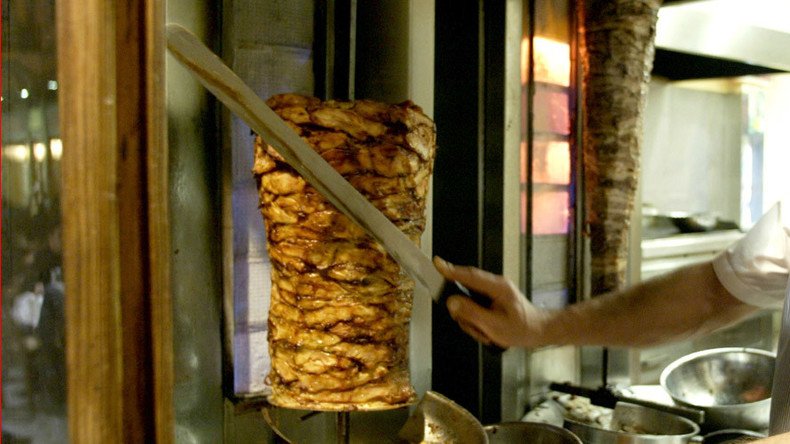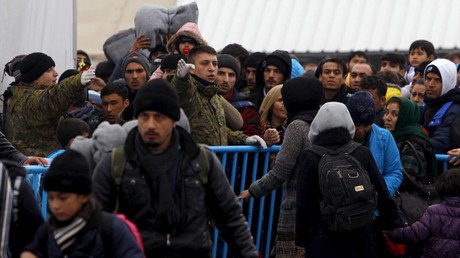No kebab shops or fried fast food: Verona limits ‘ethnic eateries’ to protect ‘decorum of the city’

Verona’s authorities have adopted a resolution that would put a ban on the opening of new kebab shops and other “ethnic food” premises. The proposal is aimed at preserving the “decorum of the city,” the city’s mayor proclaimed.
The new ruling came into effect last week. The city’s officials said they witnessed a considerable surge in ethnic food eateries and Verona’s traditional culture faced the risk of disappearing. The new legislation will affect eateries selling Eastern and Middle Eastern cuisine, for example, kebabs, and limits the selling of deep-fried products, authorities said.
“Thanks to this provision it will not be permitted to open new artisan shops producing and selling food whose preparation will affect the decorum of the city. This will protect not just the historical and architectural heritage of the city center, but also the tradition and culture typical of the Verona area,” Flavio Tosi said as cited by adnkronos.com.
City officials in Venice are also contemplating similar restrictions to limit mini-markets, trinket shops, money transfer points and internet call centers that they claim have been skyrocketing recently and are often managed by Chinese or Muslim immigrants.
“Some of this gimcrackery, especially when we don’t know even know where it’s made, is difficult to reconcile with the city,” said Venice Mayor Luigi Brugnaro, complaining that cheap souvenirs are contributing to the “Disneyfication” of the city. “These are things that have nothing to do with our history and frankly create discomfort,” he said as cited by The Daily Telegraph.
Critics, however, said the new regulations were discriminatory towards Italy’s migrant population.
A number of controversial rulings have popped up across Italy recently.
This week the country’s top court turned down the so-called “anti-mosque laws” that would have put a set of restrictions on building religious architecture in Lombardy. The right-wing activists of the northwestern region approved the laws in January 2015 in a bid to prevent the construction of new mosques or any other worship facilities aimed at practicing a faith not officially recognized by the state.
Speaking to RT on the matter, Arzu Merali, Director of Research at the Islamic Human Rights Commission (IHRC), was alarmed at the developments. She believes them to be rooted in little more than misguided attempts to strike back at the current migrant policies.
She sees the laws as "part of a pattern of systemic racism and Islamophobia across Europe."
Merali believes we’ve been seeing over the last 18 months evidence of a “complete devaluation… of ethnic minorities, or religious minorities on the continent. What’s happened now with measures like this is that it’s much easier now to have policies, which are openly racist, and to dress them up very lightly with things like ‘keeping traditional character’ and so on and so forth,” she says.
“We had gotten to the stage in Europe where these things were considered to be taboo to say, and now we’ve actually seen a resurgence,” – something she believes stems from other pre-existing forms of racism that have been surfacing.
A major step in the wrong direction, Merali believes, is ultimately the government getting behind such decisions.
In December 2015, Lombardy also approved a ban on the wearing of burqas and Islamic veils in hospitals and government buildings.
Verona was founded more than 2,000 years ago and is a “congregation” of many remarkable monuments and buildings from ancient times, many of which comprise the UNESCO World heritage List. The city, which is the setting for three Shakespeare plays, including Romeo and Juliet, was awarded World Heritage status due to its exceptional architecture.
An estimated 80 million tourists visit Italy every year.














